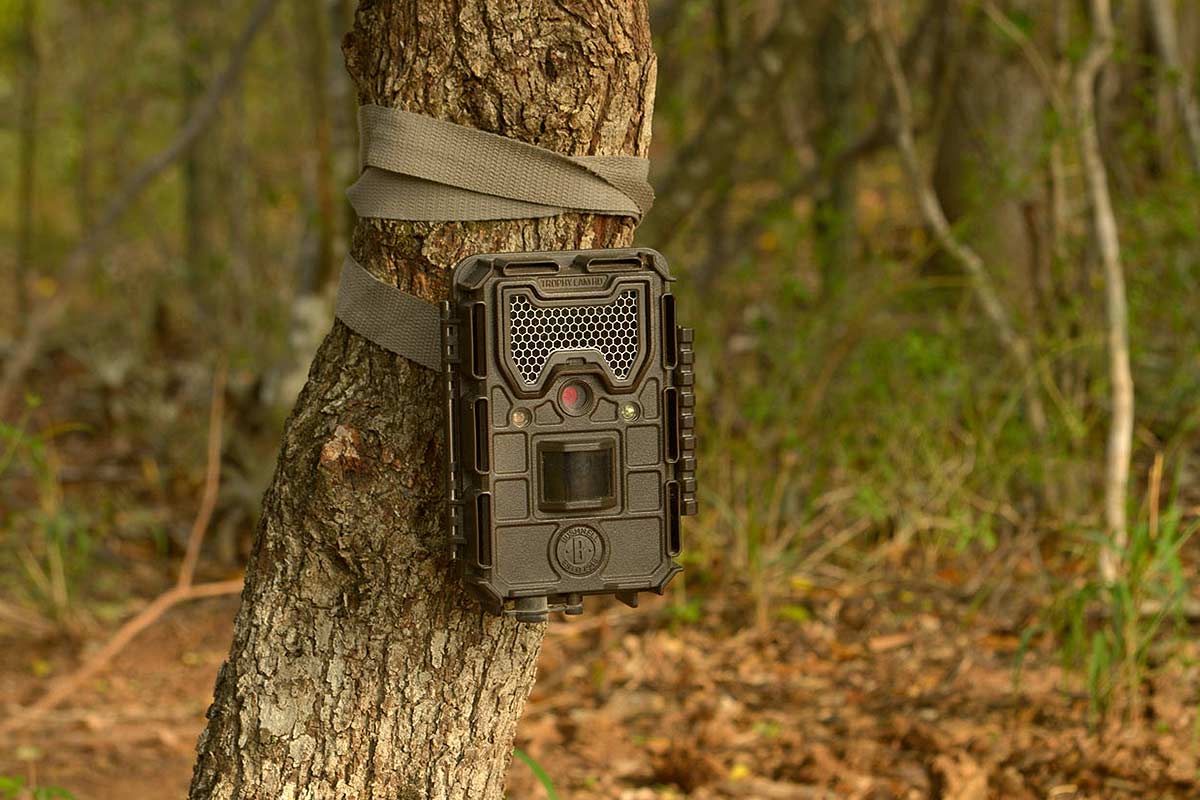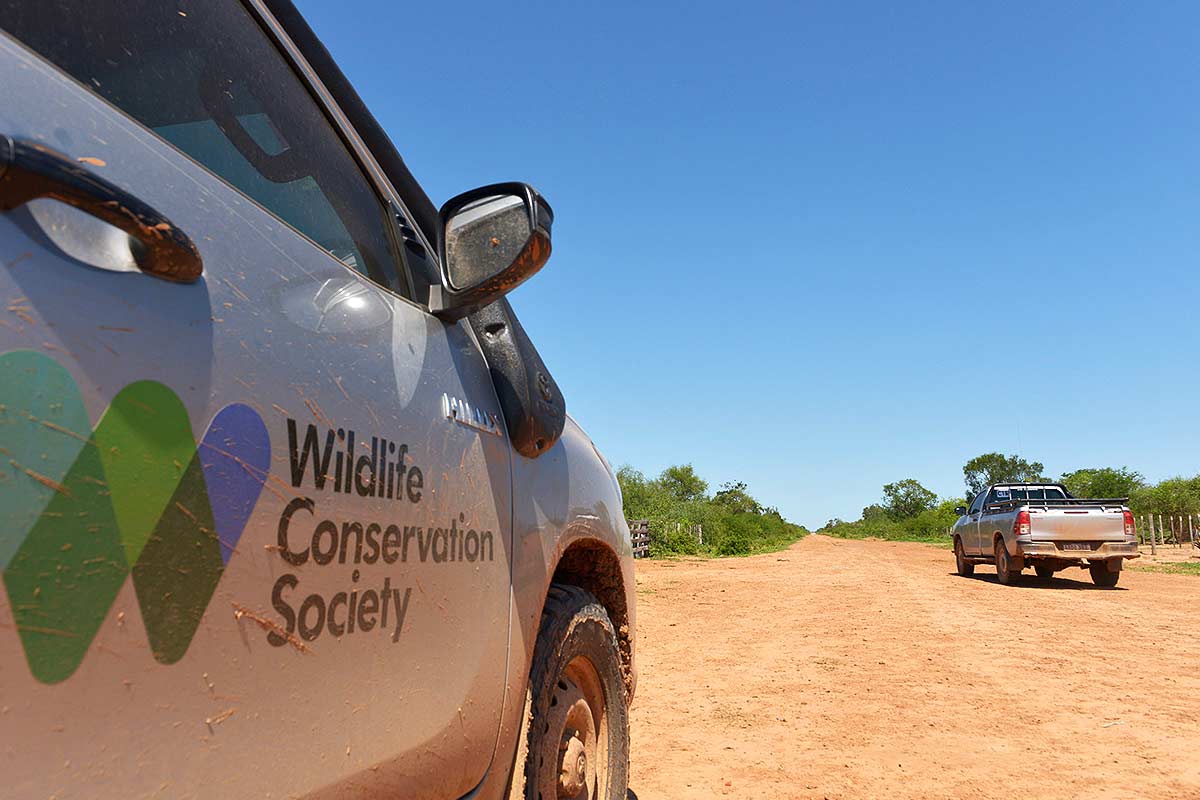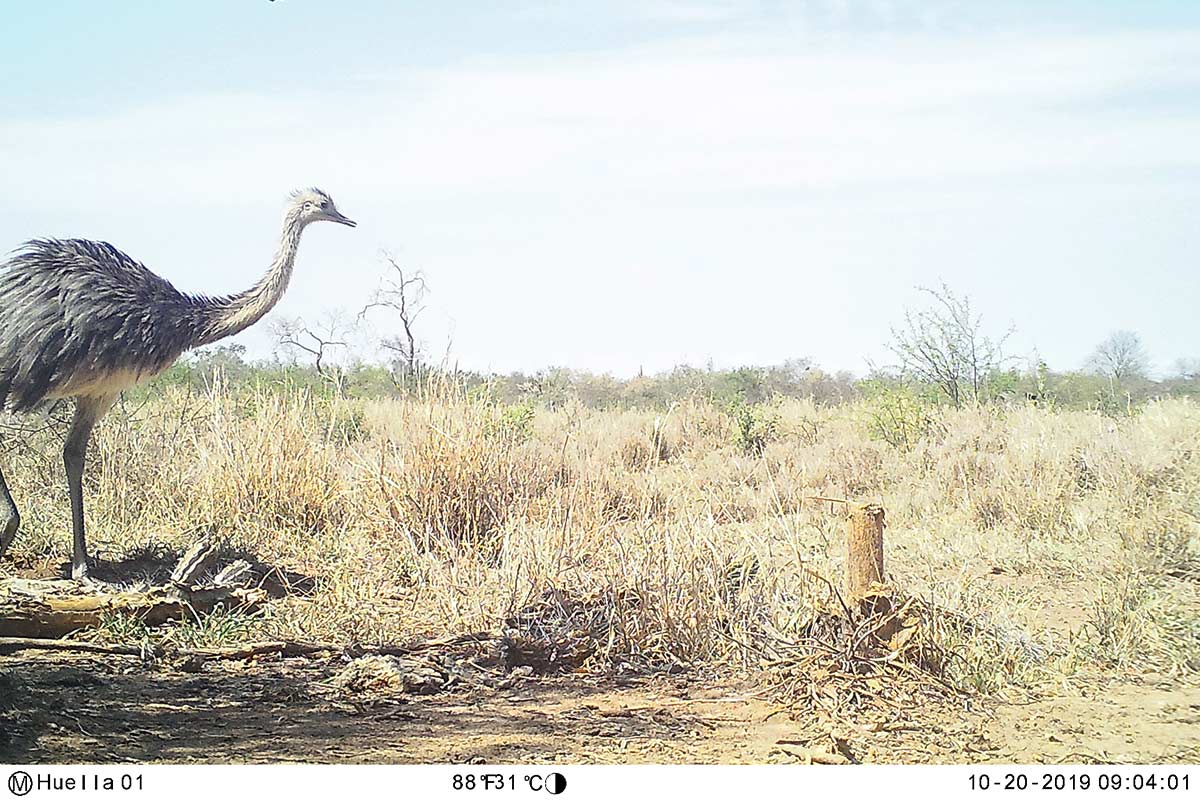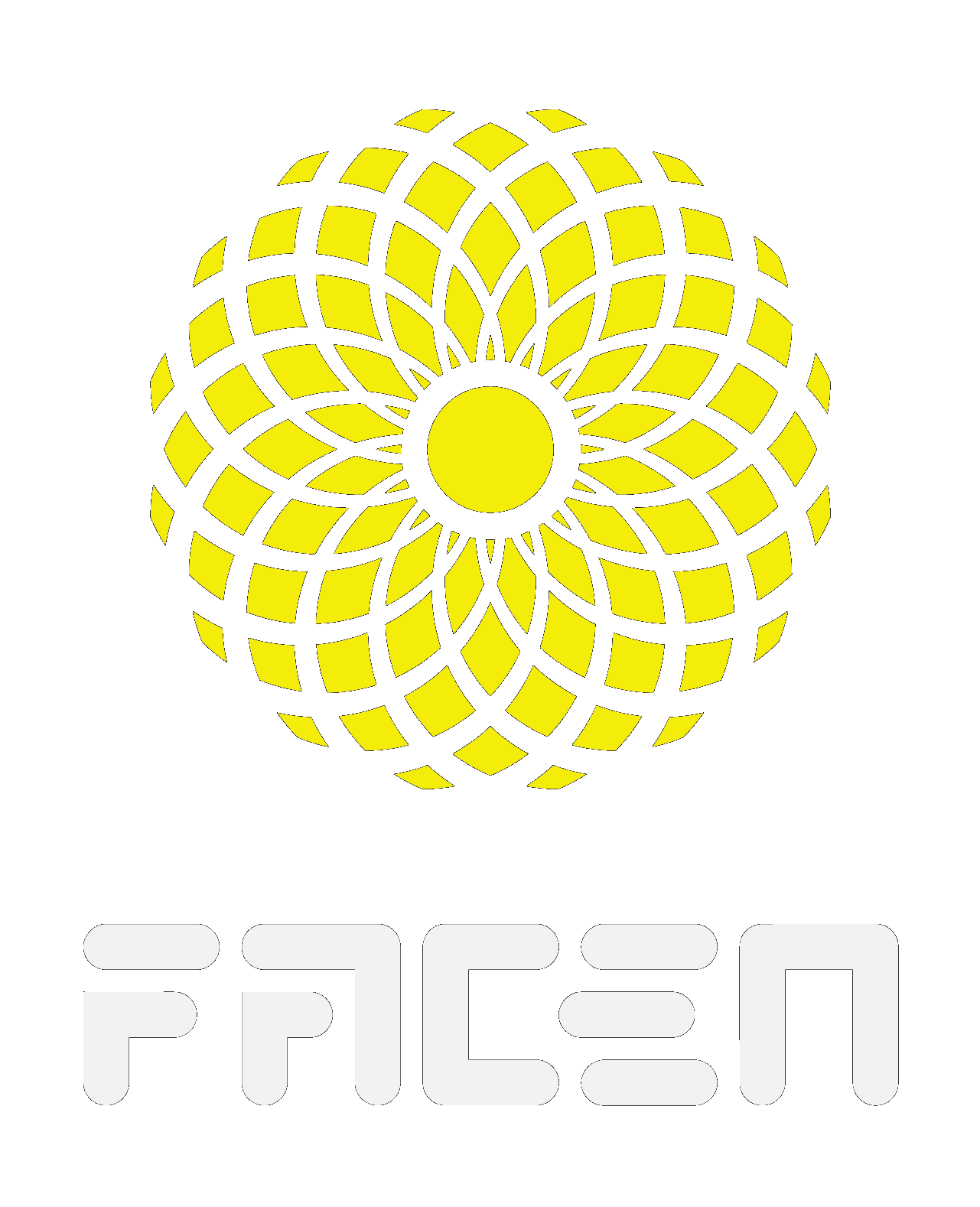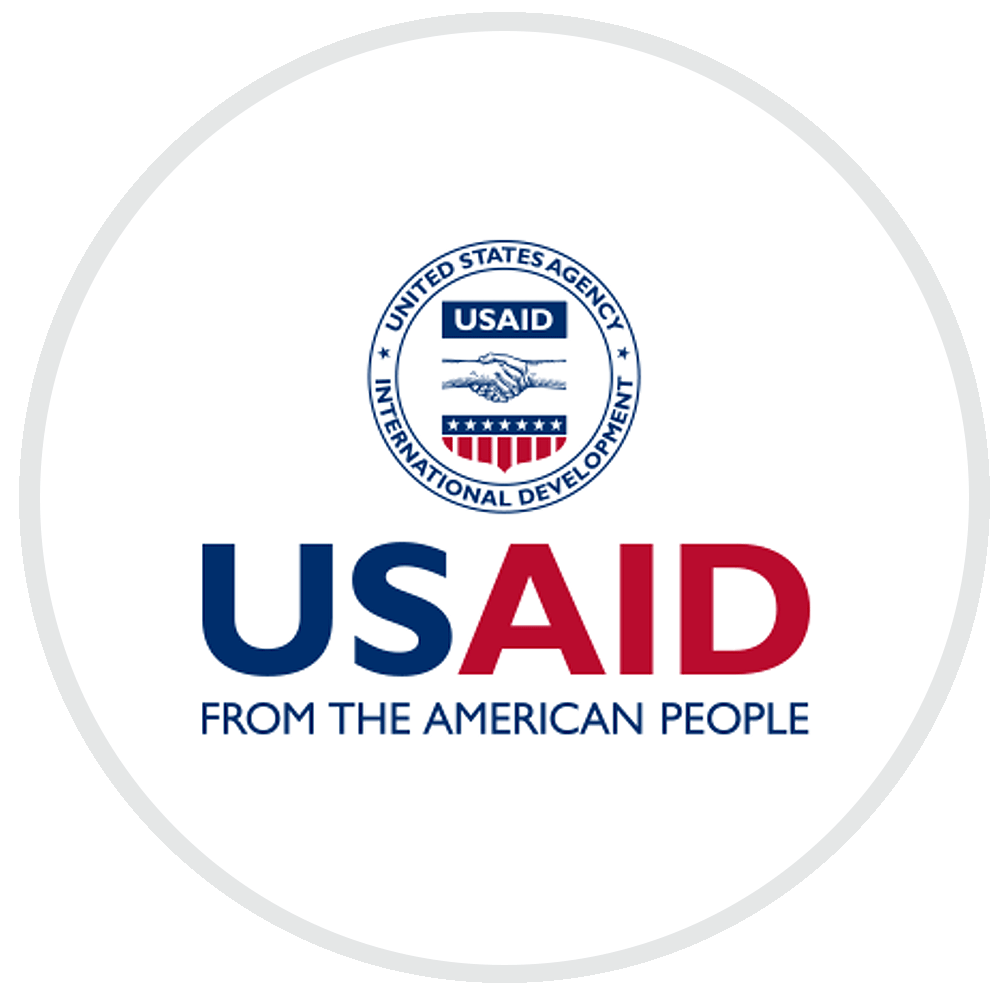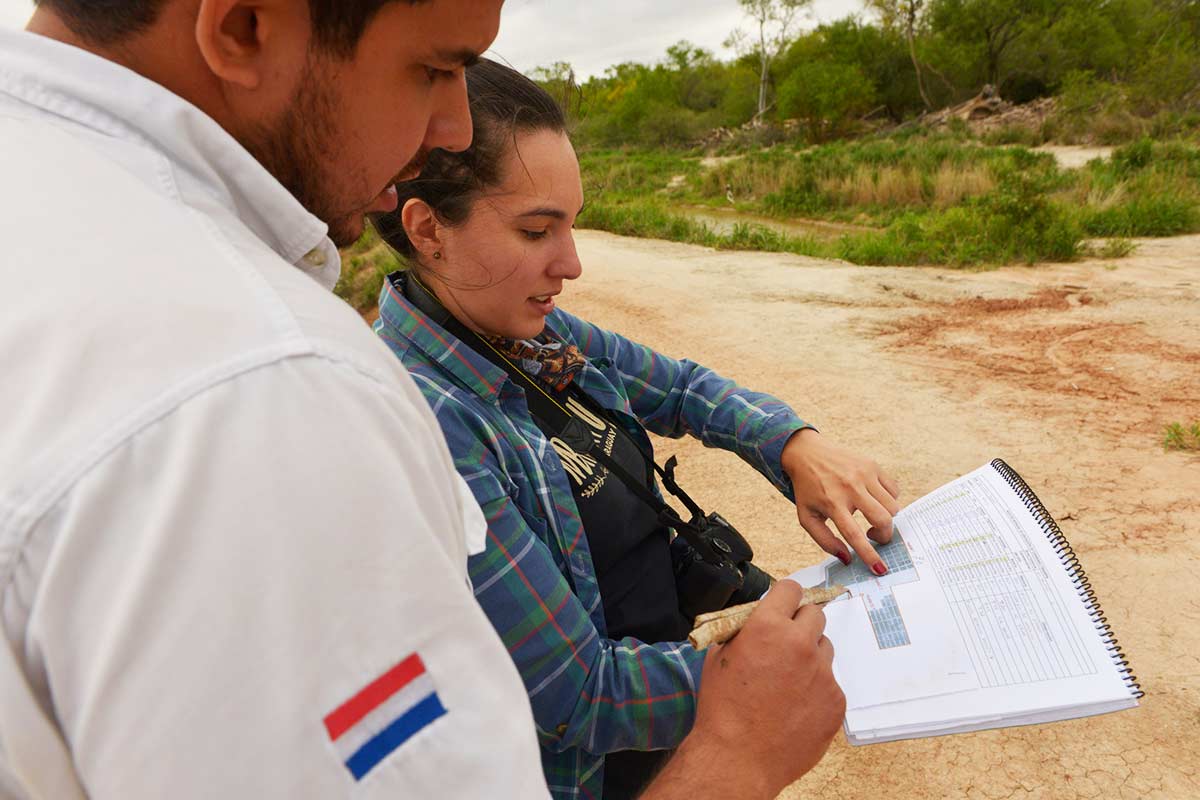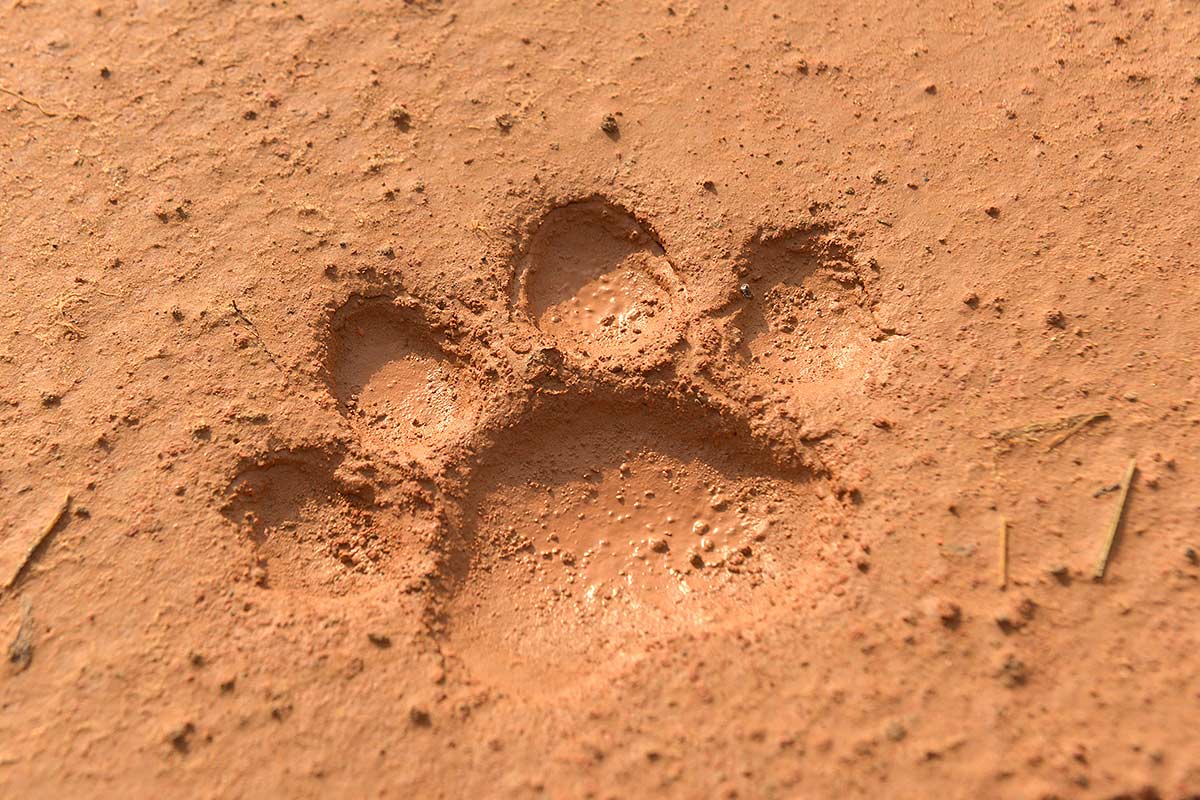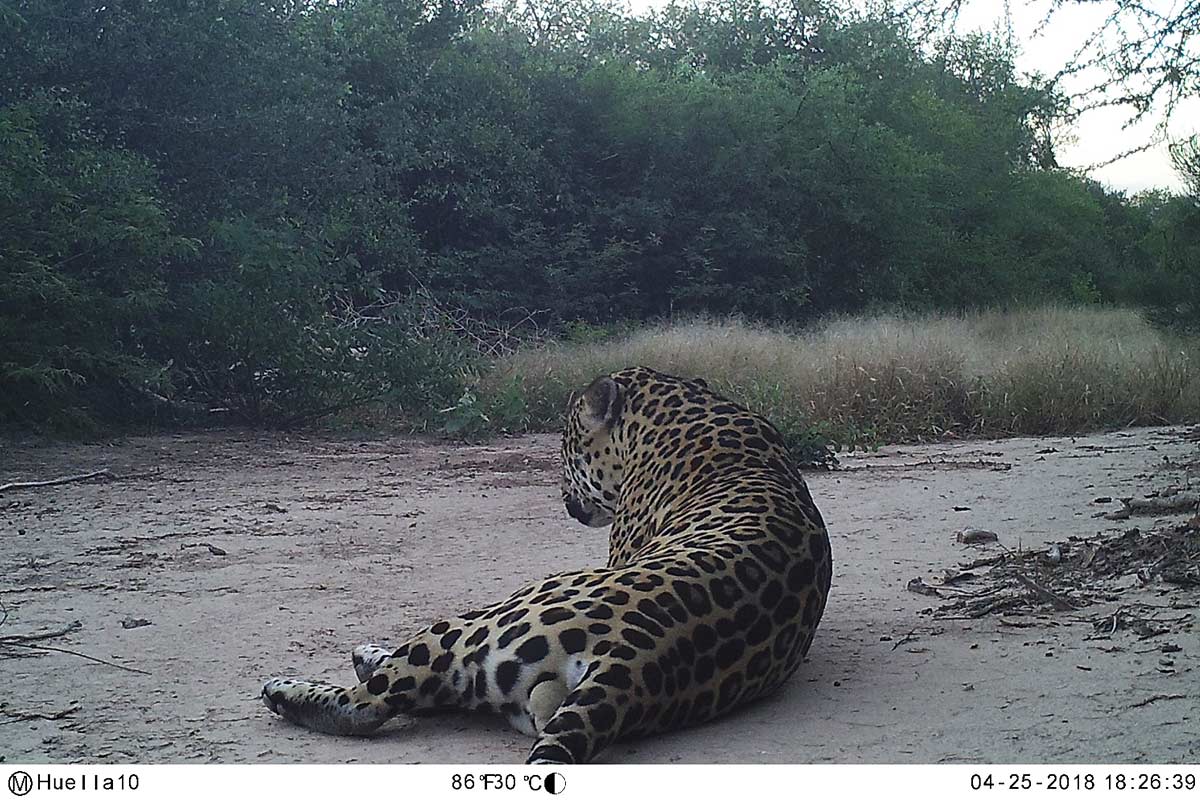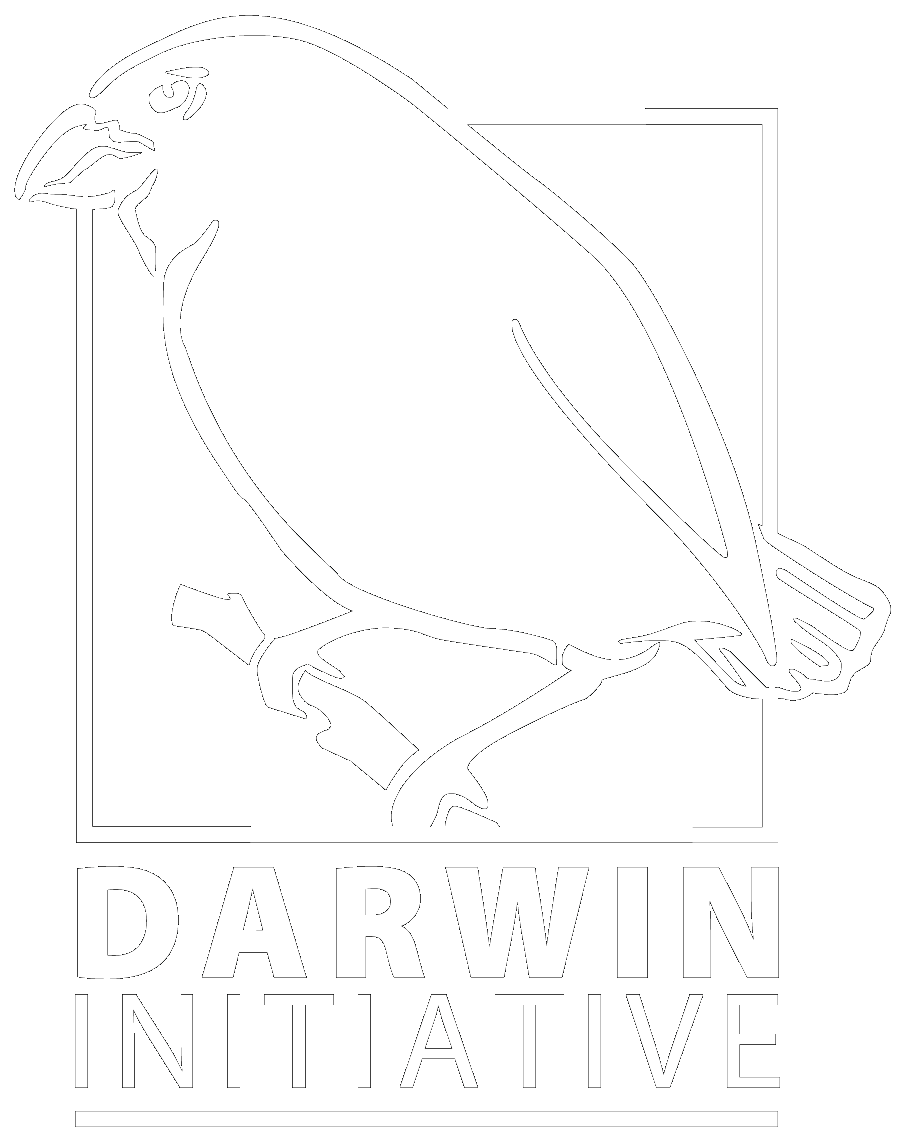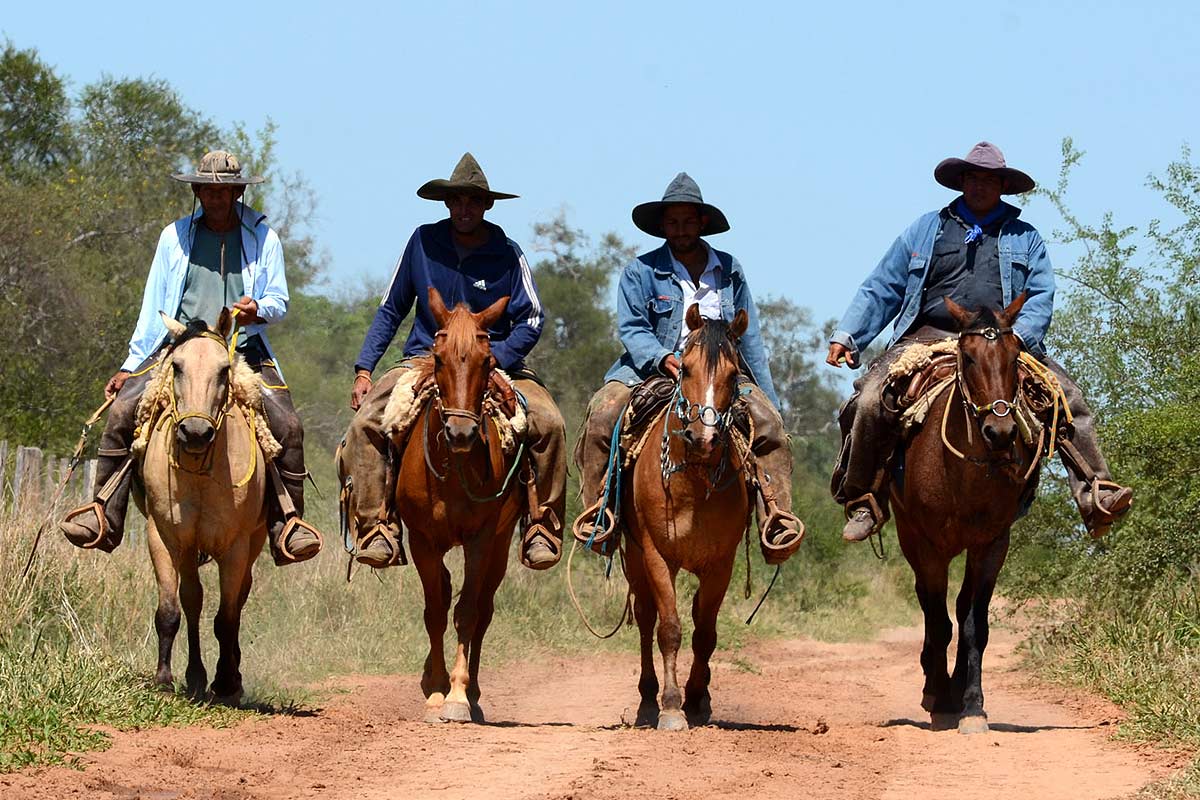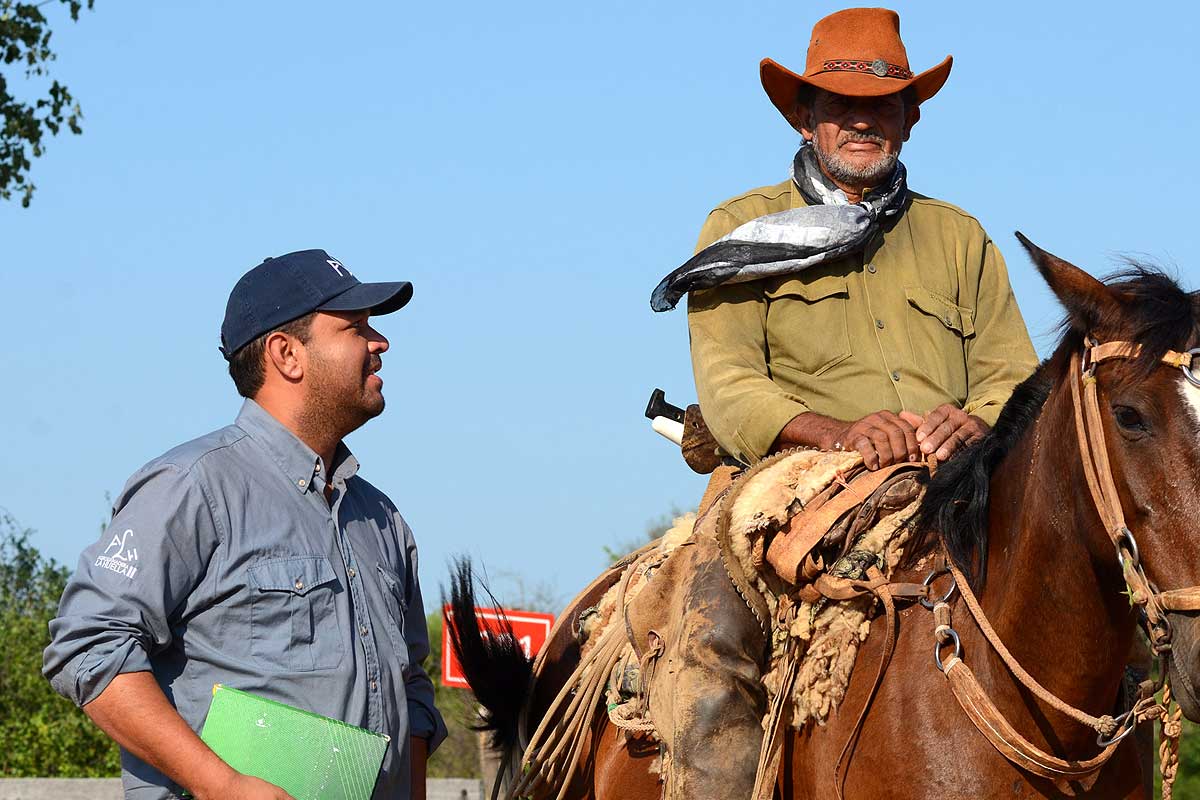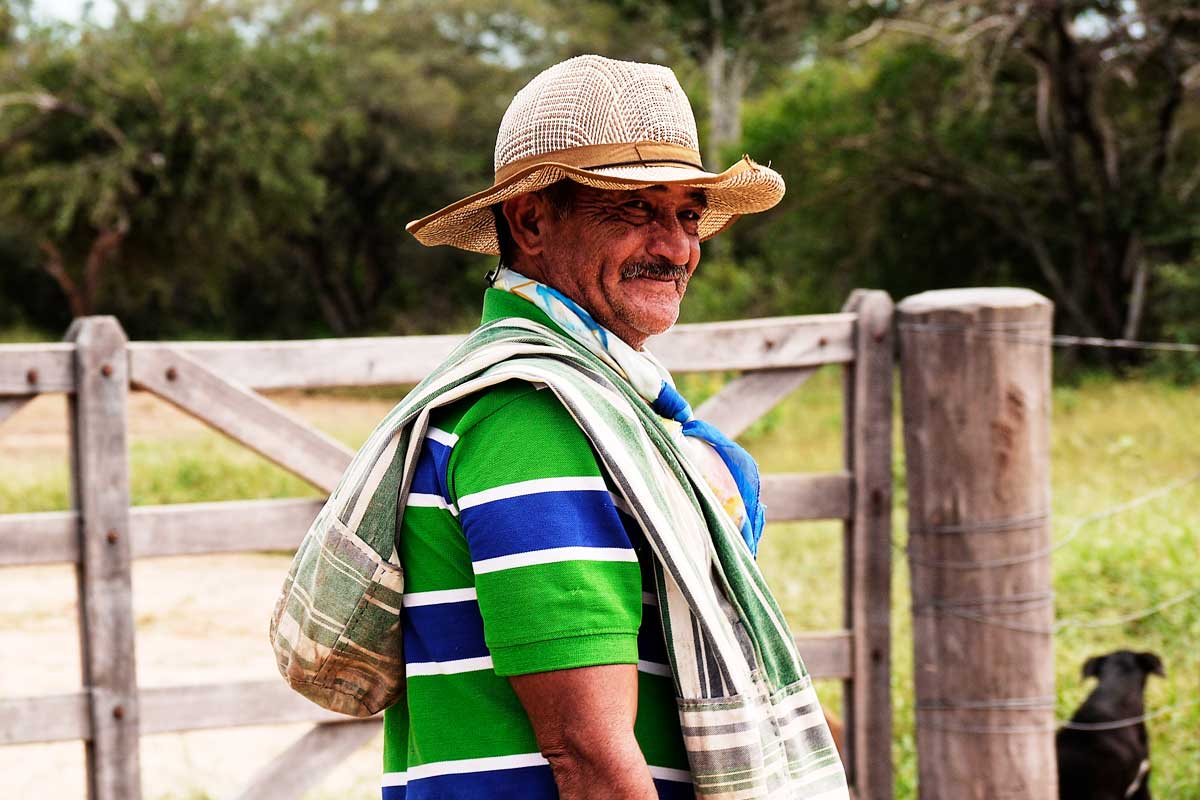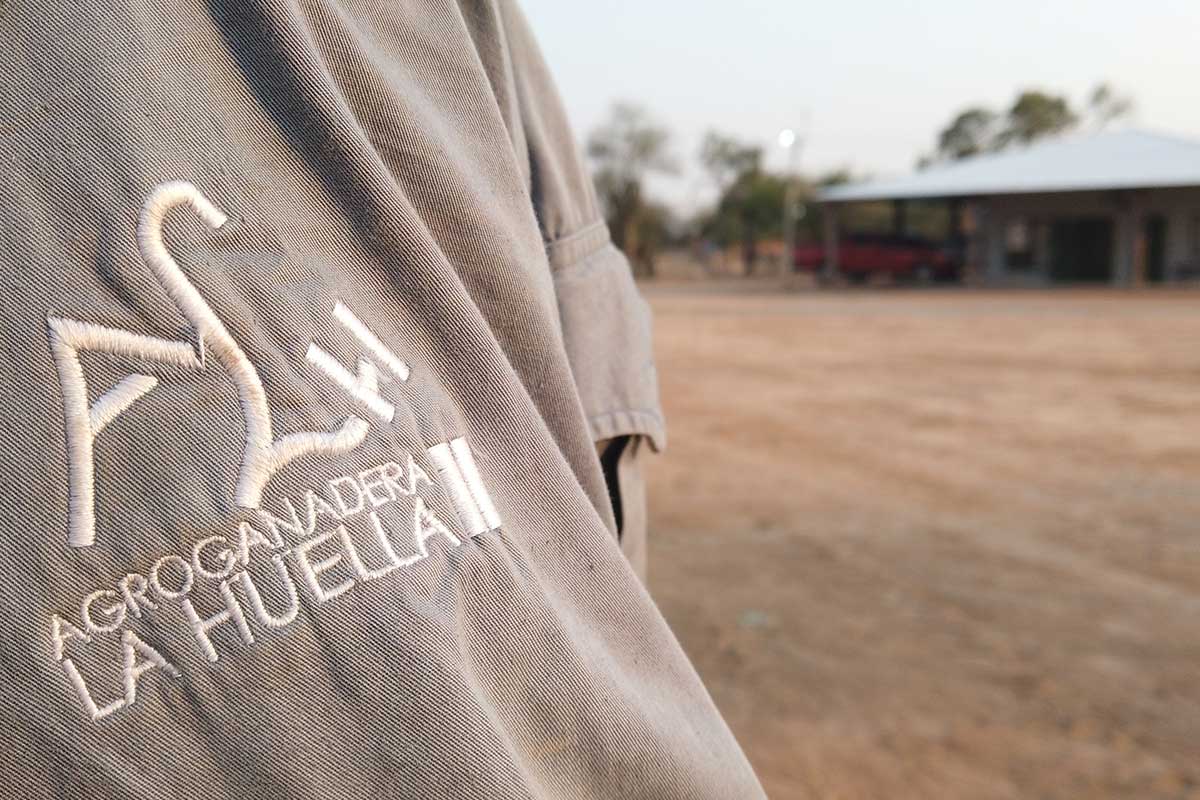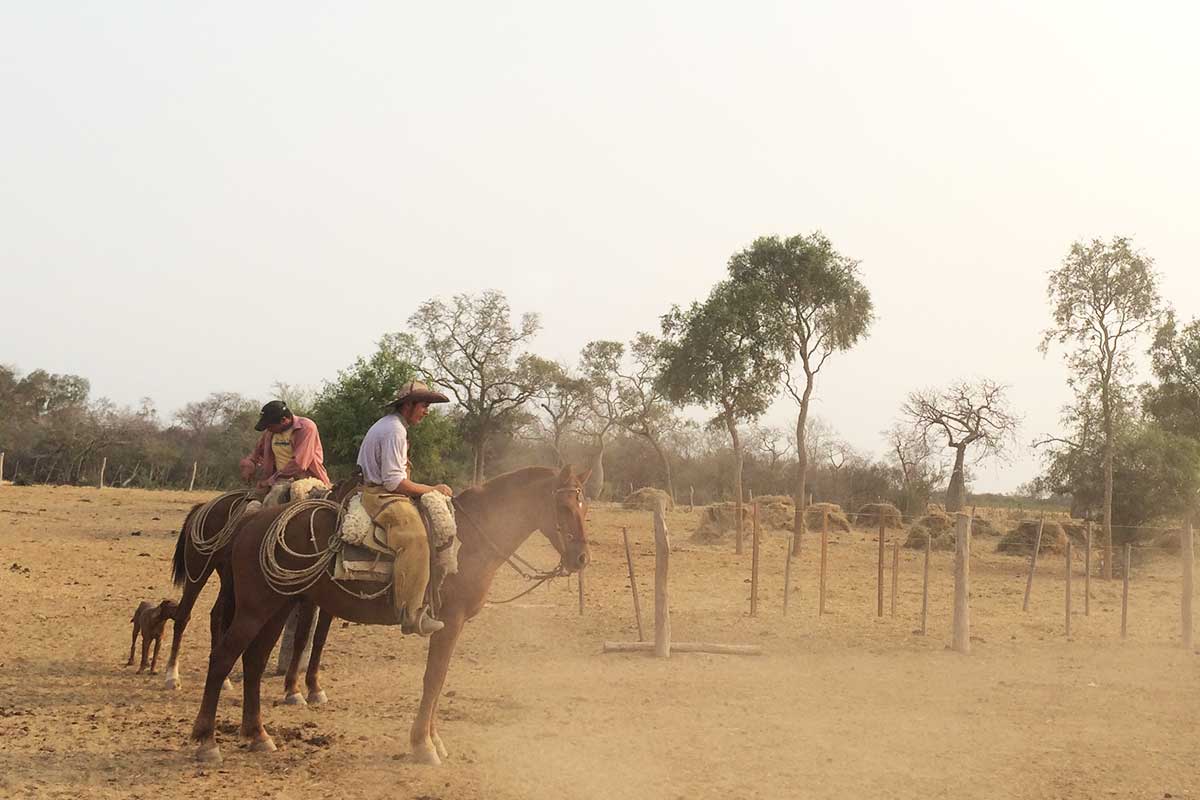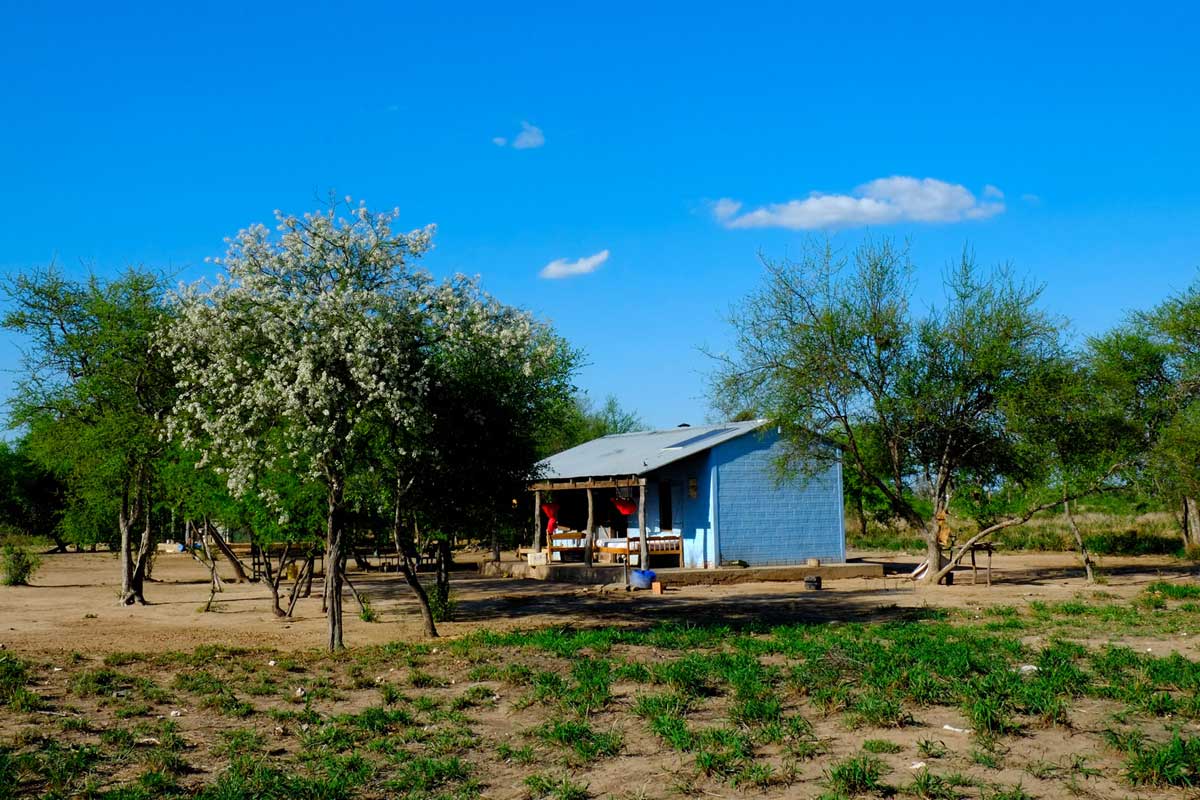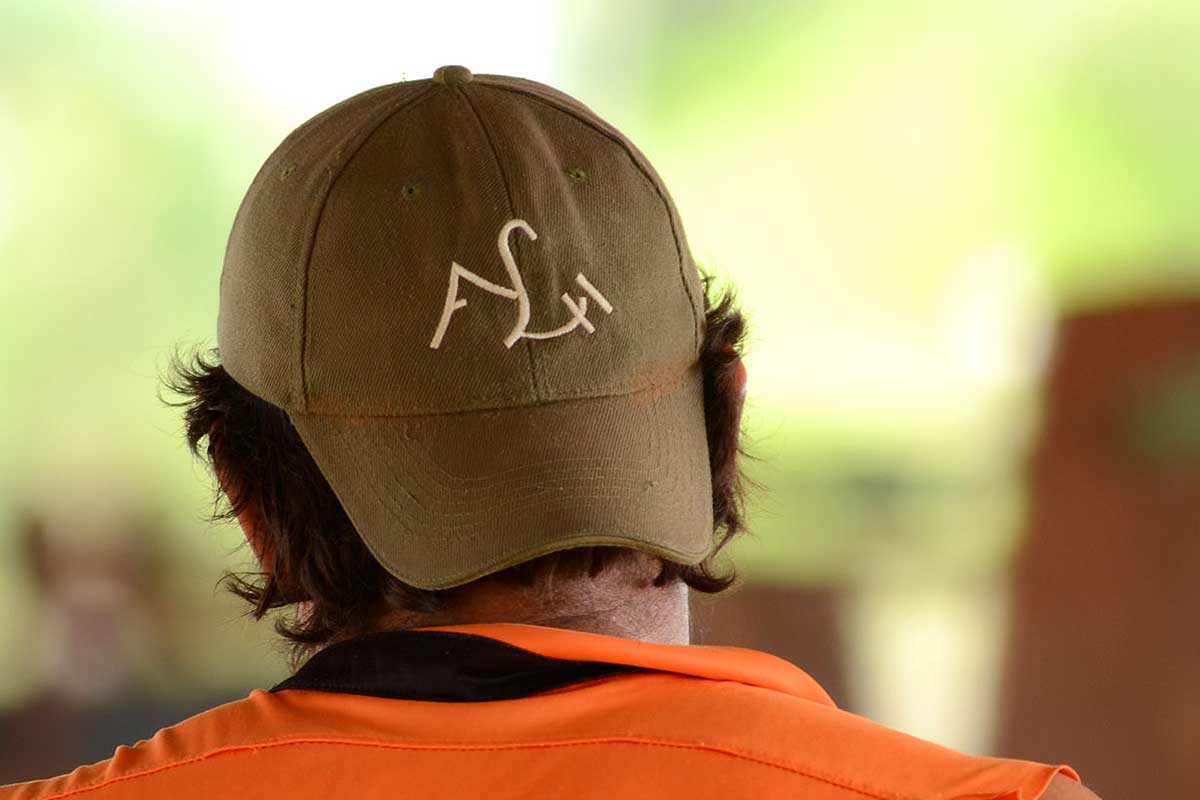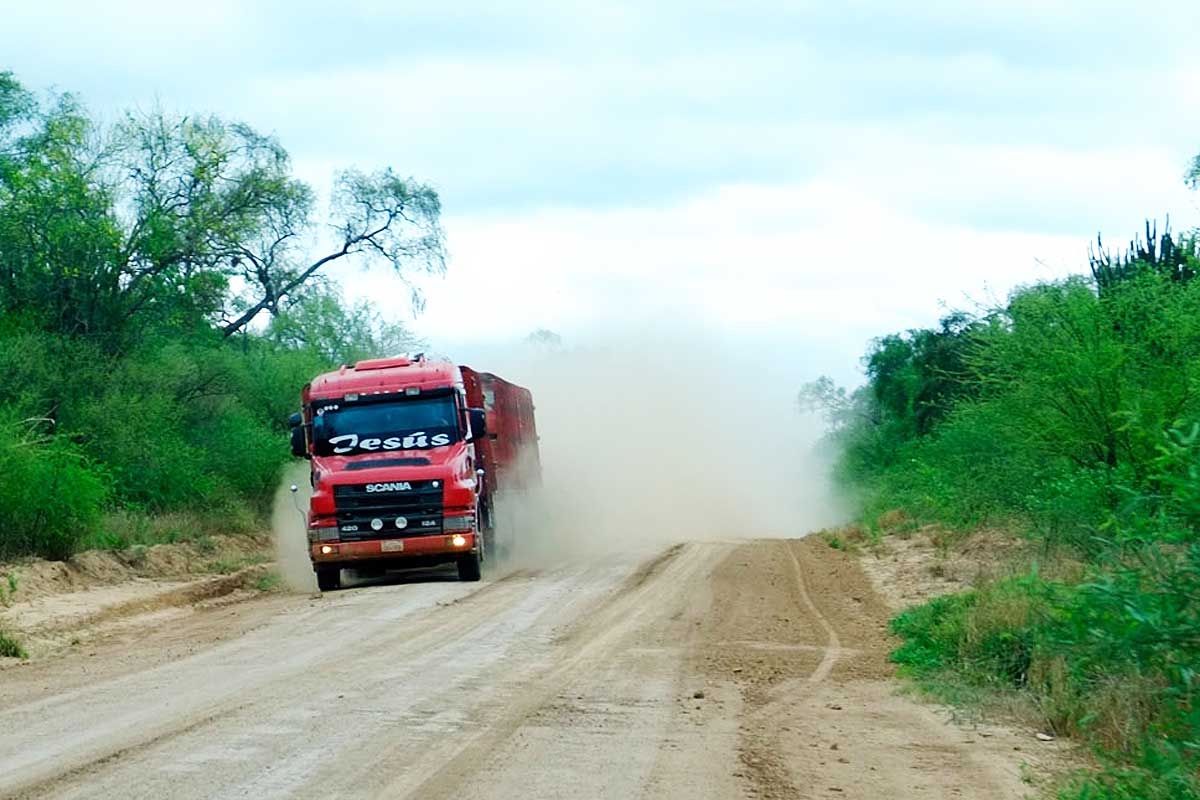Responsibility
Our Social and Ecological Commitment
A good working atmosphere for all employees, concern for the welfare of the animals and a peaceful coexistence with the natural flora and fauna form the basis for a stable and harmonious everyday life on the farm.
Social Responsibility
Life at the Estancia
The farm is located 140 km from the next village – a three-hour drive, and even longer in the rainy season.
Our employees live directly on the farm and the company ensures the supply and logistics of food, medicines and all the daily necessities for the 90 families employed, as well as the coordination of regular trips to the nearest towns.
All our employees are covered by social security and have access to the state health insurance system.
Family Friendly Working Environment
The children of our employees who are of school age do not live on the farm. We promote their studies by covering the costs of boarding school or by contributing to the costs and school fees when they live with relatives.
Since the work on the farm is carried out by the men, we have developed an integration concept for the women who live on the farm in order to integrate them into various projects, remunerating them adequately and benefiting the whole community:
- Chicken farms for meat and egg production
Our Chaco hens produce 160 eggs per day. Chicken meat complements the traditional beef diet. - Fruit and vegetable production
Our hydroponic greenhouse provides fresh fruit and vegetables to households all year round.
We are planning a piggery and the production of milk, cheese and honey.
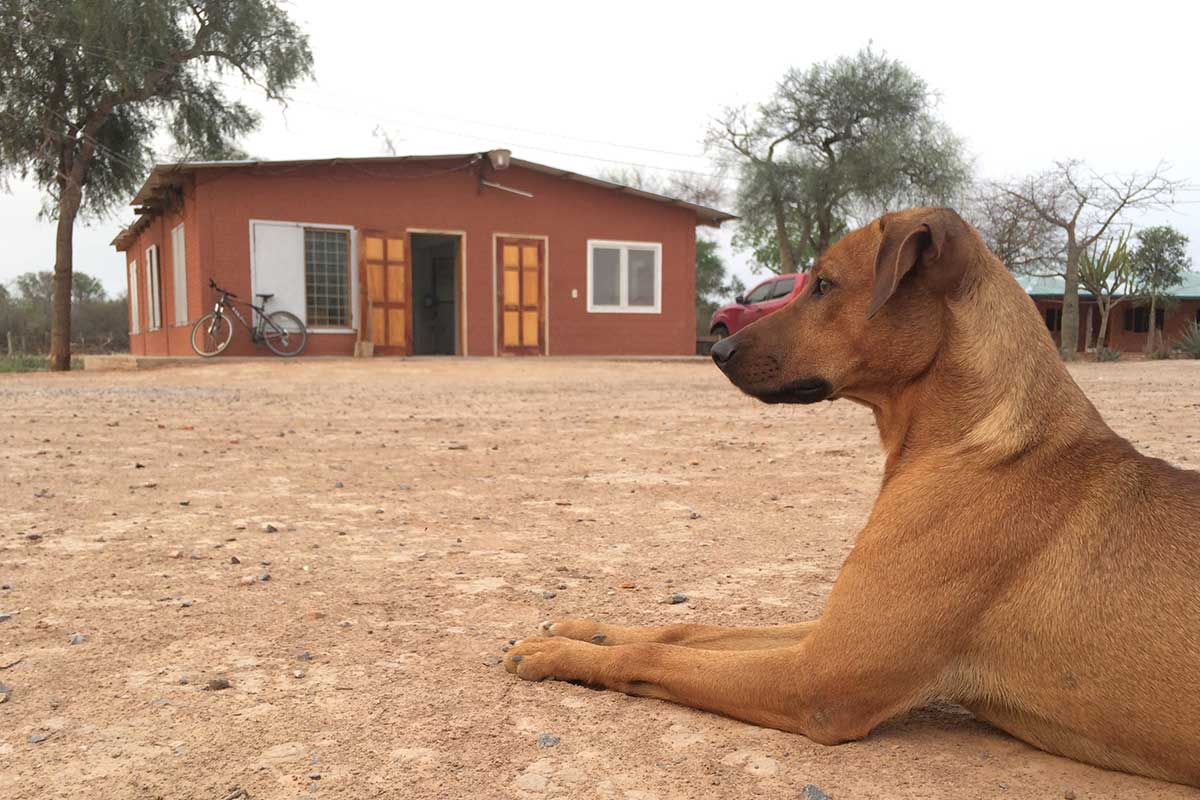
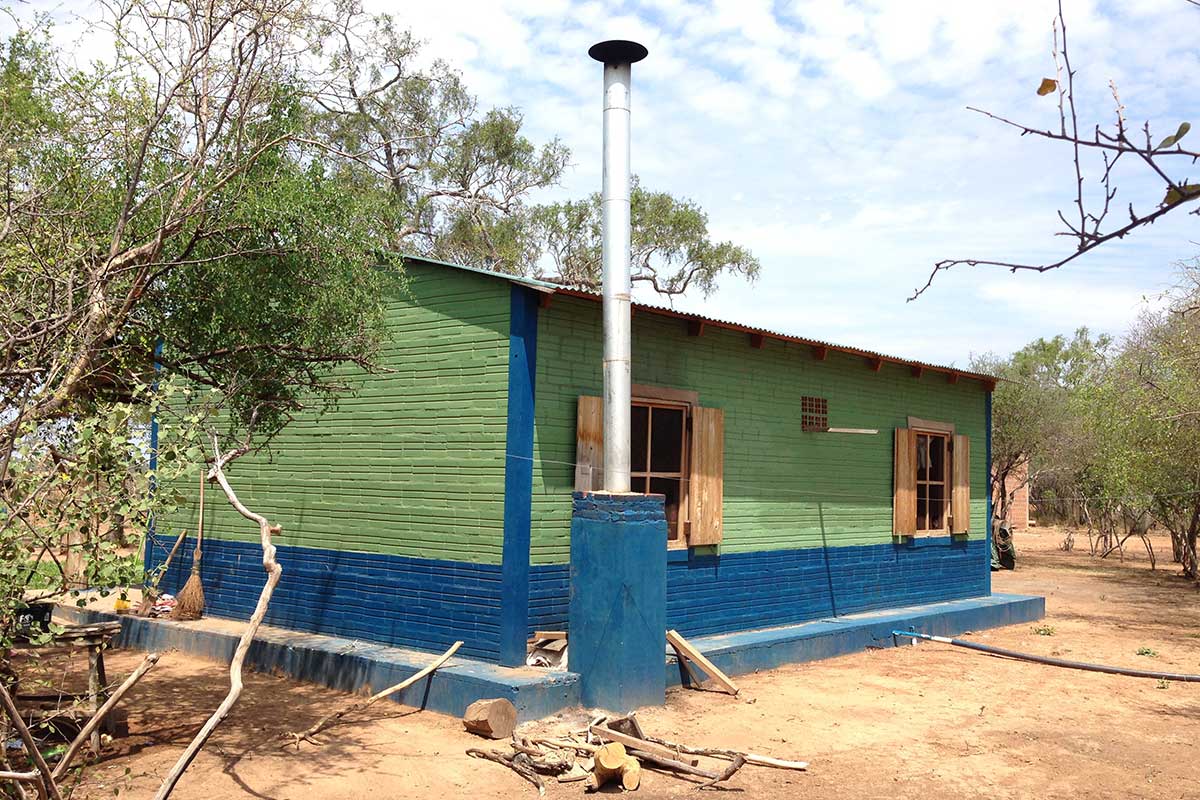
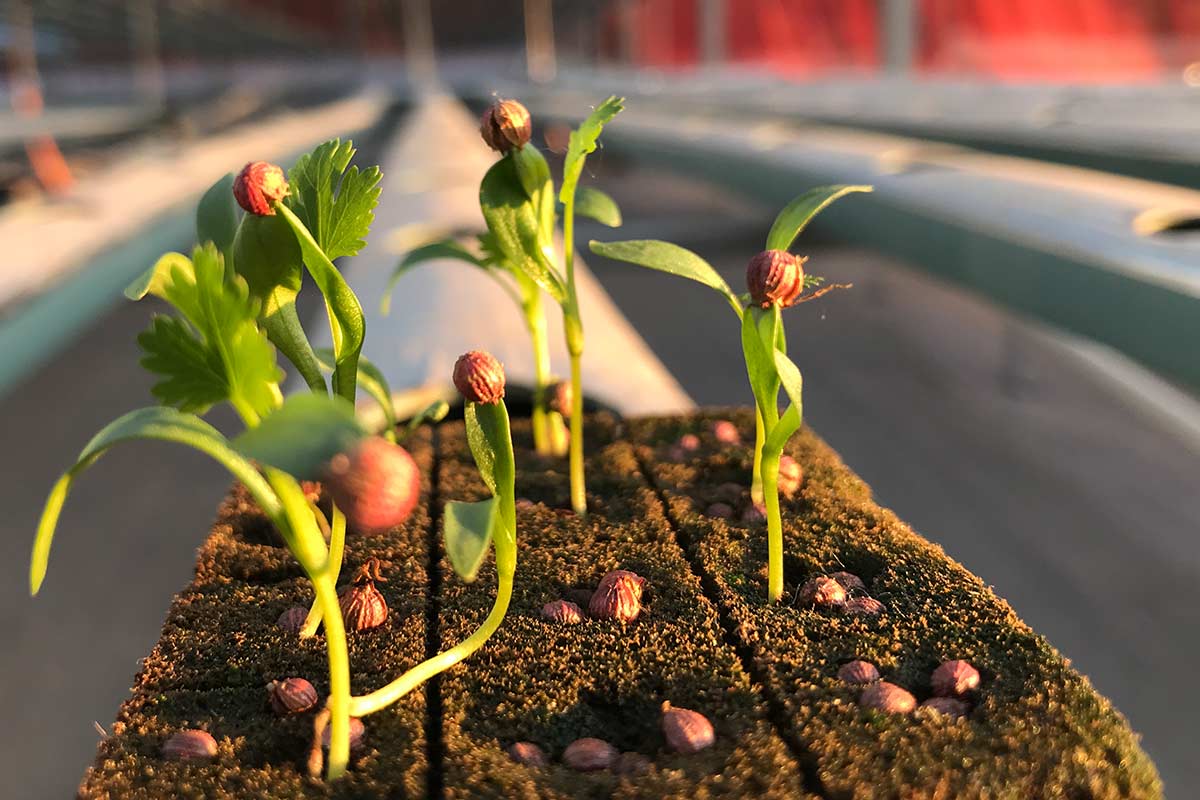
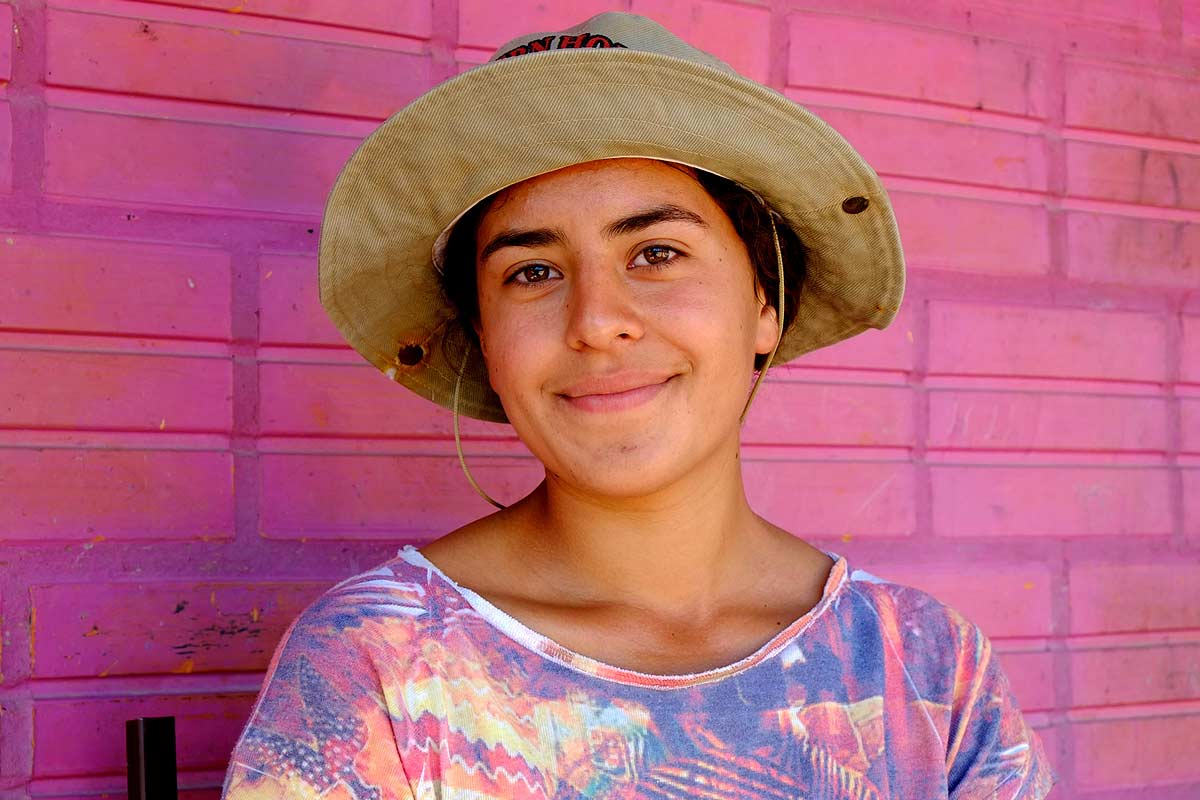
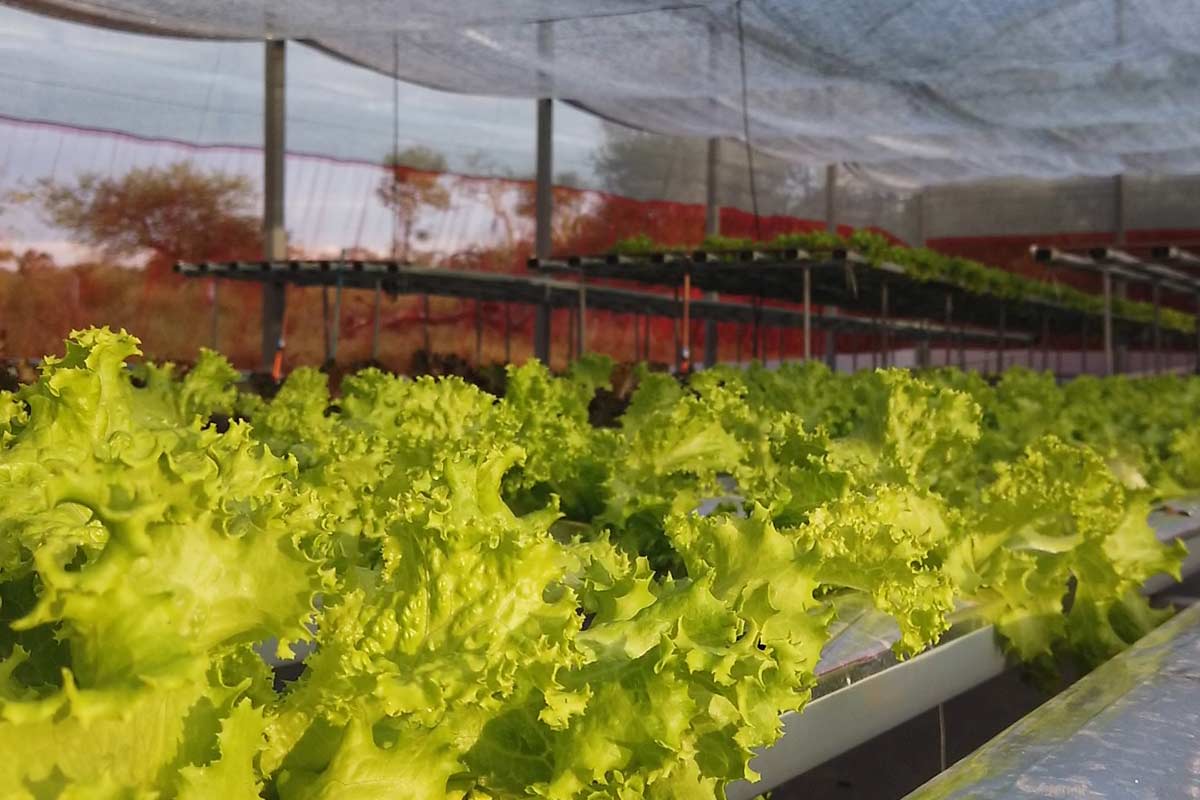
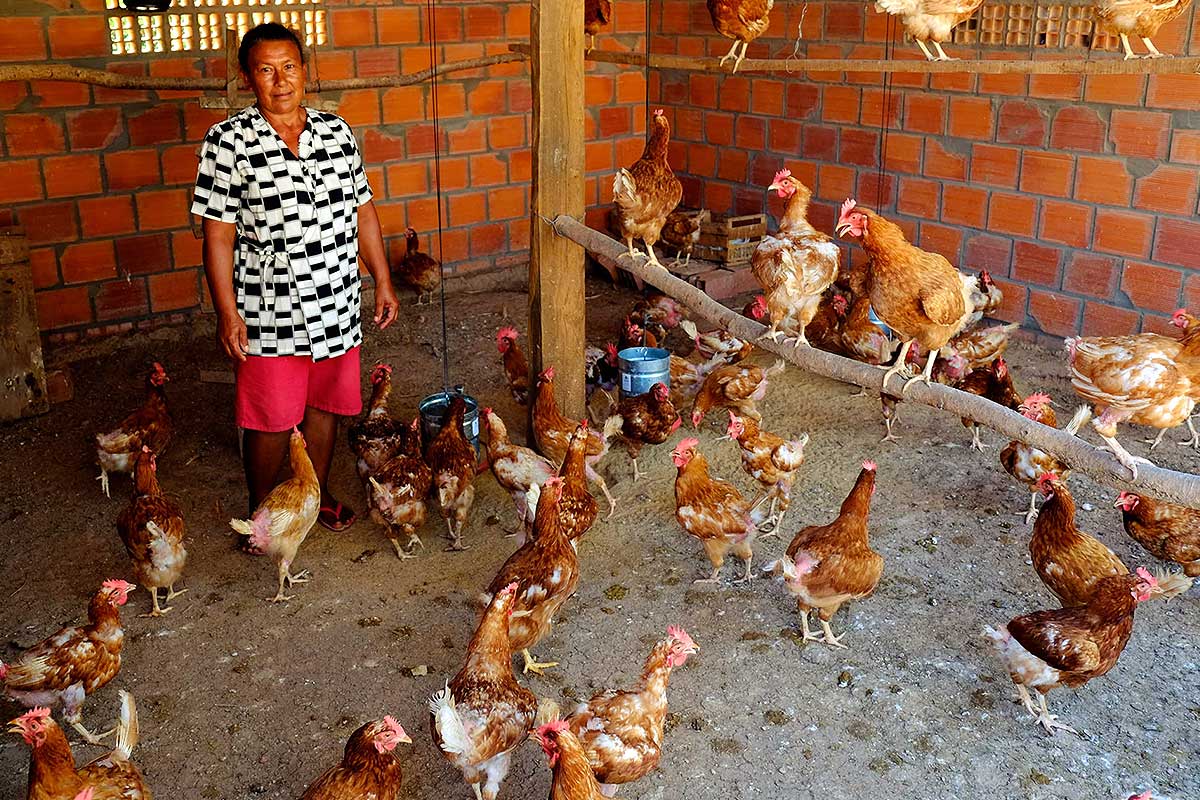
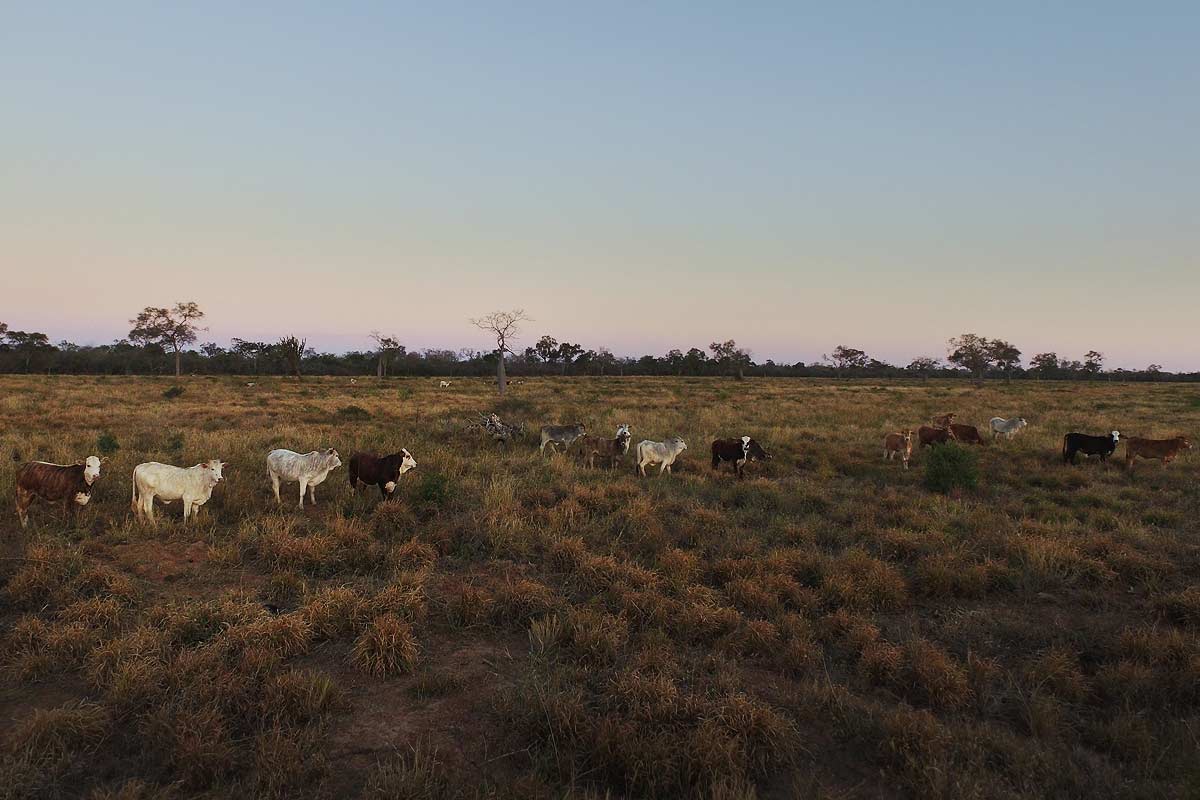
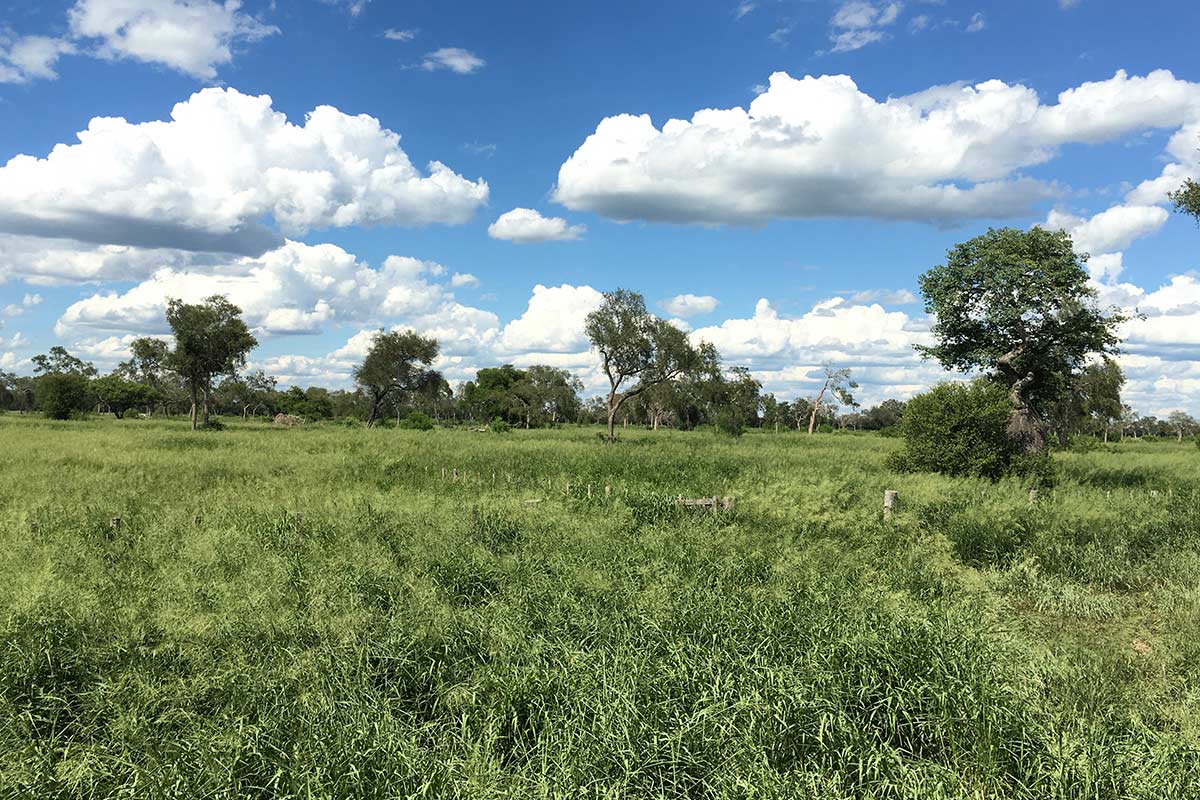
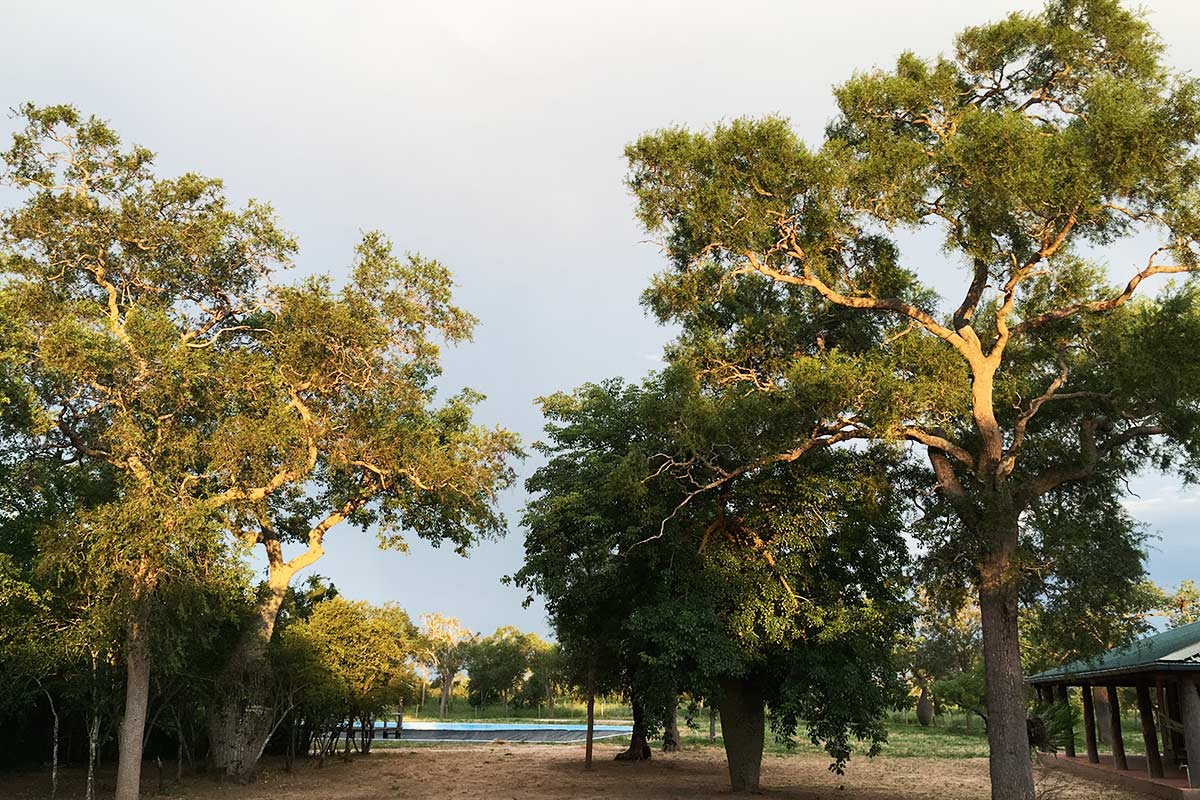
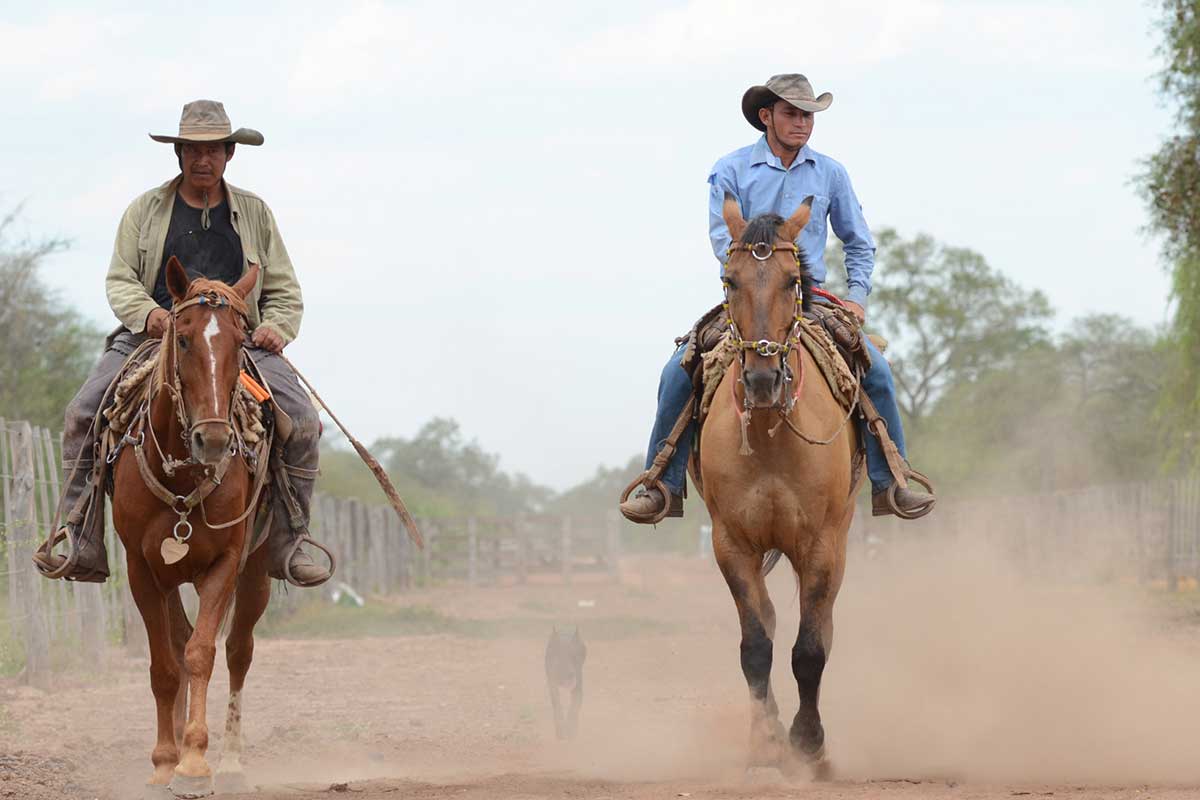
Ecological Responsibility
We Are Oriented towards "Species-appropriate Breeding"
Our cattle live all year round on natural pastures. Wwe have more than two hectares of land for each animal, which is approximately the equivalent of three football fields.
In contrast to industrialised livestock farming, we do not use antibiotics or growth hormones in our production process.
For a Sustainable Approach to the Environment
Paraguay has ratified the United Nations „UN-REDD" - Agreement. This sets the conditions for the development of farms in the Paraguayan Chaco. 22,000 hectares of our land have been left in their original state and will be preserved for the native flora and fauna. This means that only half of the total area will be used for pasture.
The rapid growth of the pastures as well as the large area of natural forests ensure a high CO2 sequestration and fixation through photosynthesis and overcompensate for the methane emissions caused by livestock.
One of the reasons for Paraguay's low CO2 emissions is its extensive livestock farming. Our pastures are only worked mechanically every four years. This considerably reduces the impact on the environment and contributes to the fact that Paraguay has a CO2 emission of only 0.9 tons/inhabitant (EU: 8.5 tons/inhabitant). This makes Paraguay one of the countries with the lowest CO2 emissions in the world.
Peaceful Co-existence with Wildlife
La Huella is committed to the conservation of species in the region. In a joint project with the Wildlife Conservation Society and the United States Agency for International Development (UNDP), we promote the preservation and propagation of native flora and fauna. This helps secure the habitats of endangered species, focusing on the protection of natural Chaco predators (puma and jaguar) and, at the same time, on the protection of our livestock.
In order to ensure the sustainability of the native ecosystem, hunting is strictly prohibited on the premises. We protect calves through the selective use of LED spotlights. Additionally, our cows wear bells to deter predators acoustically, with the objective to best ensure the coexistence of native animals with La Huella’s production system.
